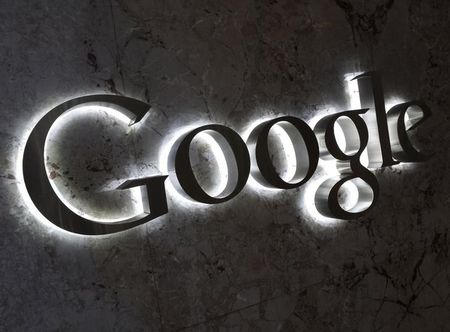BEIJING (Reuters) - A Hong Kong court has ruled that a local tycoon can sue Google Inc for defamation because searches for his name on Google suggest adding the word 'triad', Hong Kong's notorious organised crime groups.
Searches in both English and Chinese for Albert Yeung Sau-shing, the founder and chairman of Hong Kong-based conglomerate Emperor Group, will automatically suggest phrases related to organised crime using Google's 'autocomplete' function.
On Tuesday, the High Court of Hong Kong dismissed Google's argument that it was not responsible for the autocomplete suggestions related to Yeung and that the court did not have personal jurisdiction over the U.S. search giant.
Google frequently finds itself embroiled in legal issues over what results are shown by its search engine. The European Union's top court in May ruled that people have a right to request that years-old personal information that is no longer relevant be removed from Internet search results.
"There is a good arguable case that Google Inc is the publisher of the Words and liable for their publication," said Marlene Ng, the deputy high court judge, in her ruling.
Google declined to comment on the verdict.
Yeung is seeking damages from Google for libel and wants the company to remove the defamatory search suggestions, court documents said.
Google argued that autocomplete works according to an automated algorithm and the company is not responsible for the resulting suggestions, which change depending on what a critical mass of users search for.
"The entire basis of the internet will be compromised if search engines are required to audit what can be assessed by users using their search tools," court documents attributed Gerard McCoy, Google's lawyer, as saying.
"It would be impossible for Google Inc to manually interfere with or monitor the search processes given the billions of searches conducted by Google Search," McCoy said according to the documents.
Because Google did not protest that the autocomplete suggestions were defamatory and they have criminal associations, Google may end up paying a large amount of money if Yeung sues successfully.
"In my view, it cannot be said at this stage that damages for reputational damage in Hong Kong are likely to be minimal if Yeung wins at trial," Ng said.

(Reporting by Paul Carsten; Additional reporting by Venus Wu in HONG KONG; Editing by Simon Cameron-Moore)
